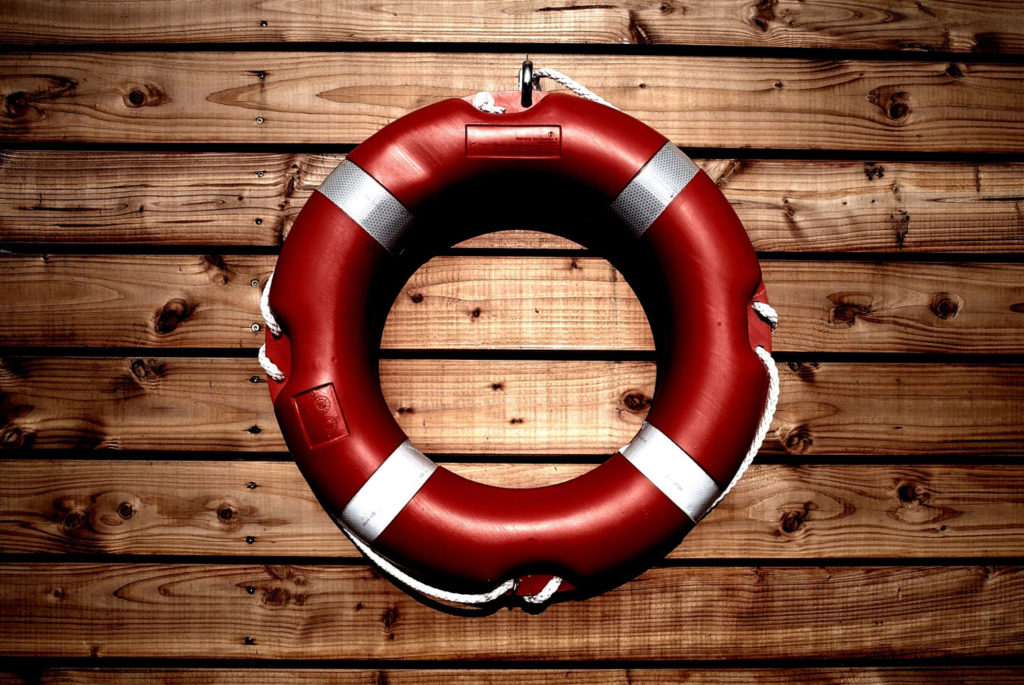Emergency Contraceptives

Emergency contraception is an amazing option for many situations. It has a negative stigma, so we are here to clear up some of these misunderstanding.
First off- stock up on these little gems. Seriously, gift them for the holidays, and always have at least one in your home at all times. Emergency contraceptives reduce the chance of pregnancy after unprotected sexual intercourse. Common situations in which it could be used include: missing several birth control pills in a row, having a condom break or slip off, not using a birth control method during sex, or in the unfortunate situation of rape.
Using EC does not cause an abortion because it works before you ever get pregnant! An abortion ends an existing pregnancy. EC prevents pregnancy from occurring. EC must be used soon after unprotected sexual intercourse to be effective. It does not work if pregnancy has already occurred.
There are two main types of emergency contraceptive: ulipristal, and progestin-only pills. Some EC pills can be bought over the counter without a prescription, while others require a prescription. When taken as directed, ulipristal is the most effective type of emergency contraceptive pill.
- Ulipristal— Affects how progesterone works in the body. It is thought to delay or prevent ovulation. It can be taken up to 5 days after unprotected sex with no decrease in effectiveness. When taken as directed, ulipristal is more effective in preventing pregnancy than progestin-only pills. Ulipristal is available by prescription only.
- Progestin-only—This is a single pill that should be taken as soon as possible after having unprotected sex. Progestin is a hormone in birth control pills and other forms of hormonal birth control. It stops or delays ovulation to prevent pregnancy. It is most effective when taken within 3 days of unprotected sex. This pill is available without a prescription to anyone of any age. It can be found on store shelves, usually in the family planning section.
Although emergency contraceptive pills can be used more than once during a single menstrual cycle, you should not make it into a habit. Emergency contraceptives are not as effective at preventing pregnancy as using a traditional daily birth control method consistently and correctly. Emergency contraceptives have not been shown to cause any serious complications, but some side effects may occur including headache, nausea and vomiting, breast tenderness, abdominal pain, dizziness, and fatigue. Also, your next period may not occur as normal, and you may experience increased irregular bleeding or spotting in the week or month after.
So what should you do if you are on birth control but still need to use emergency contraception?
- If you used the progestin-only pill such as Plan B, MY Way, Next Choice, AfterPill, you can resume or start any birth control method right away. For the next 7 days, you should also use a barrier method (condoms, diaphragm, and spermicides) along with your regular birth control method or not engage in sex.
- If you used ulipristal or Ella, and want to resume or start using a hormonal birth control method (pill, patch, ring, implant, shot, or hormonal IUD), you need to wait to do so until 5 days after taking ulipristal. You also must use a barrier method (or not have sexual intercourse) until your next menstrual period. Using a hormonal birth control method and taking ulipristal at the same time can reduce the effectiveness of both medications.
Keep in mind that EC does not prevent sexually transmitted infections (STIs).
